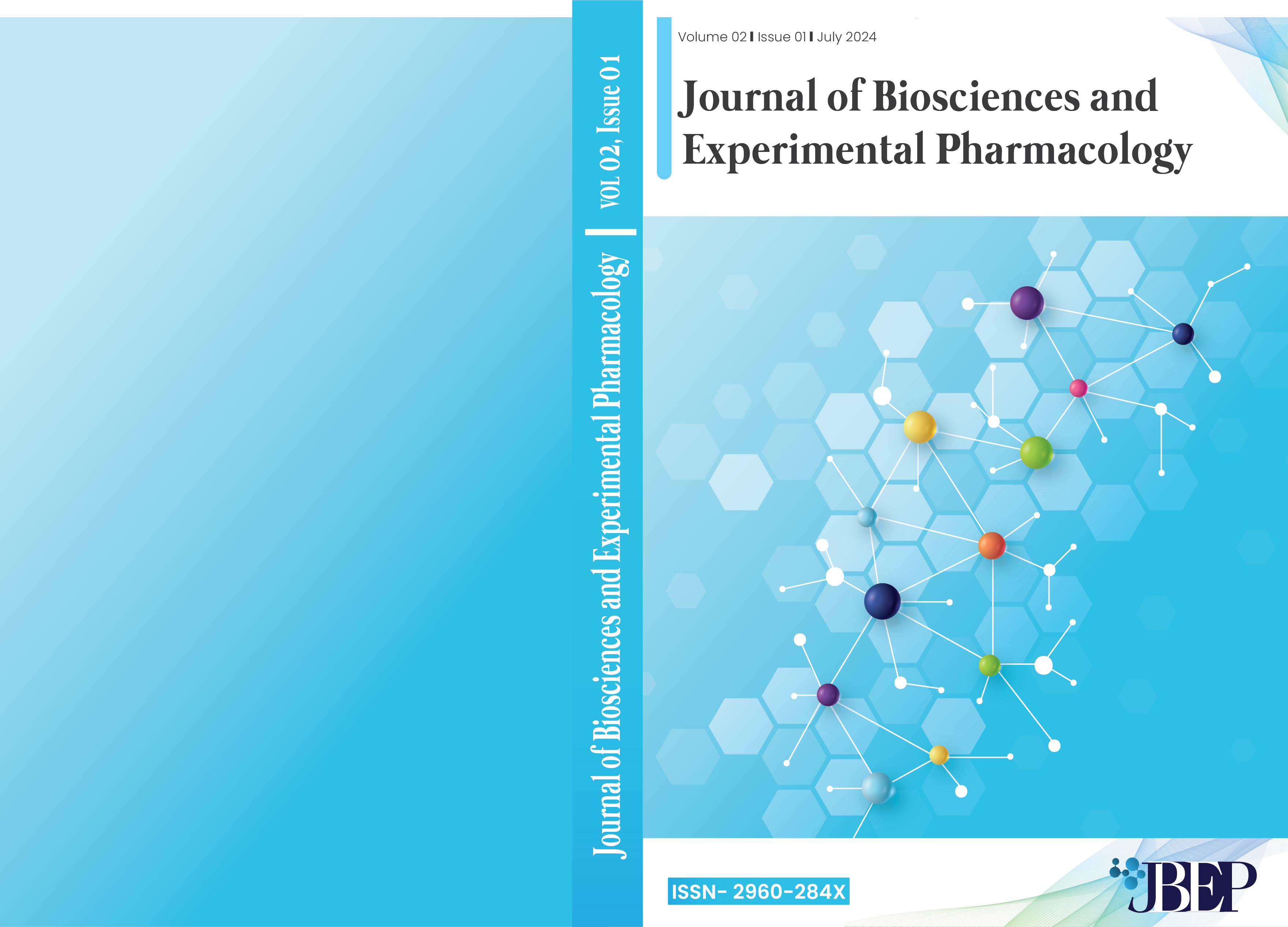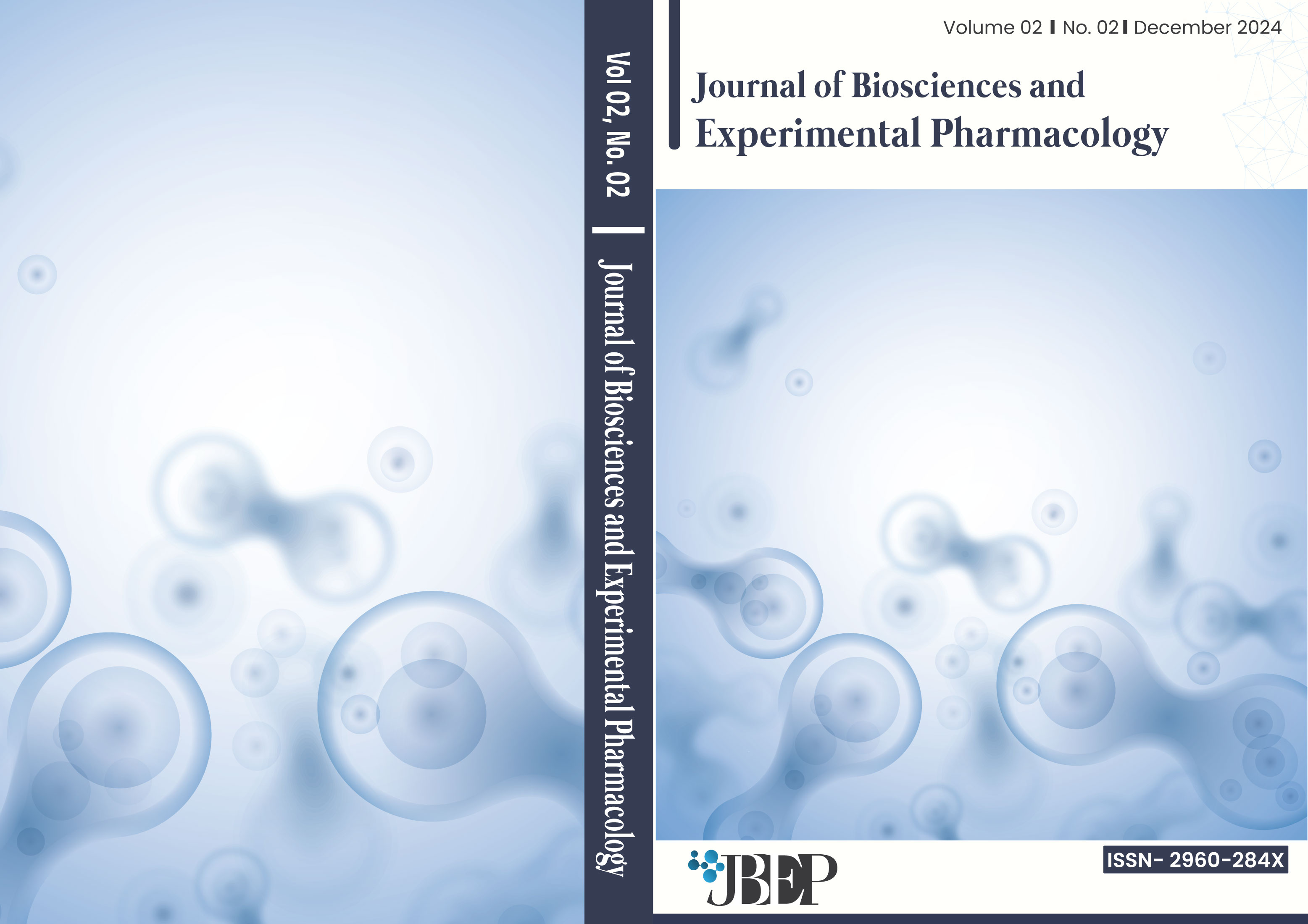Original article | Open access | J. Bio. Exp. Pharm. 2024, 2(2), 34-59 |
https://doi.org/10.62624/JBEP00.0017
Unused and Expired Medicines Disposal Practices in Asian Countries
Abstract
Inappropriate disposal of medicines has an alarming impact on our environment. Unused and expired pharmaceuticals contaminate the soil and water that end up entering our food chain. Not only this, they pollute the air as well. The active ingredients diffuse in the human body and not only cause many diseases but also play a pivotal role in developing antibiotic resistance. These unused drugs are thrown into the trash, flushed down the toilet, poured into the sink, burned, or buried improperly. Proper disposal of these medications is a major challenge since many serious diseases continue to rise as medication consumption increases in Asian countries. This review writing integrates results from various research carried out between January 2010 and January 2025 across Asian countries, focusing on 23,825 samples. Household trash, followed by flushing, was the most common mode of disposal, with limited rates of returns to pharmacies. Some of the common trends include awareness, home storage, and poor disposal practices, which are primarily affected by the dosage forms of medication. Effects include pollution of the environment, increased cases of antibiotic resistance, and increased cases of diseases. Interventions mentioned as successful include learning, legal initiatives, environmentally friendly disposal solutions, and medication return campaigns. Stakeholders, including pharmacists, have a crucial role in the implementation of safe and effective disposal measures and overall proper disposal of pharmaceutical waste streams. This review study, therefore, calls for increased willingness and commitment in these regions to prevent further deterioration of health and the environment by taking adequate measures to dispose of medication properly.

